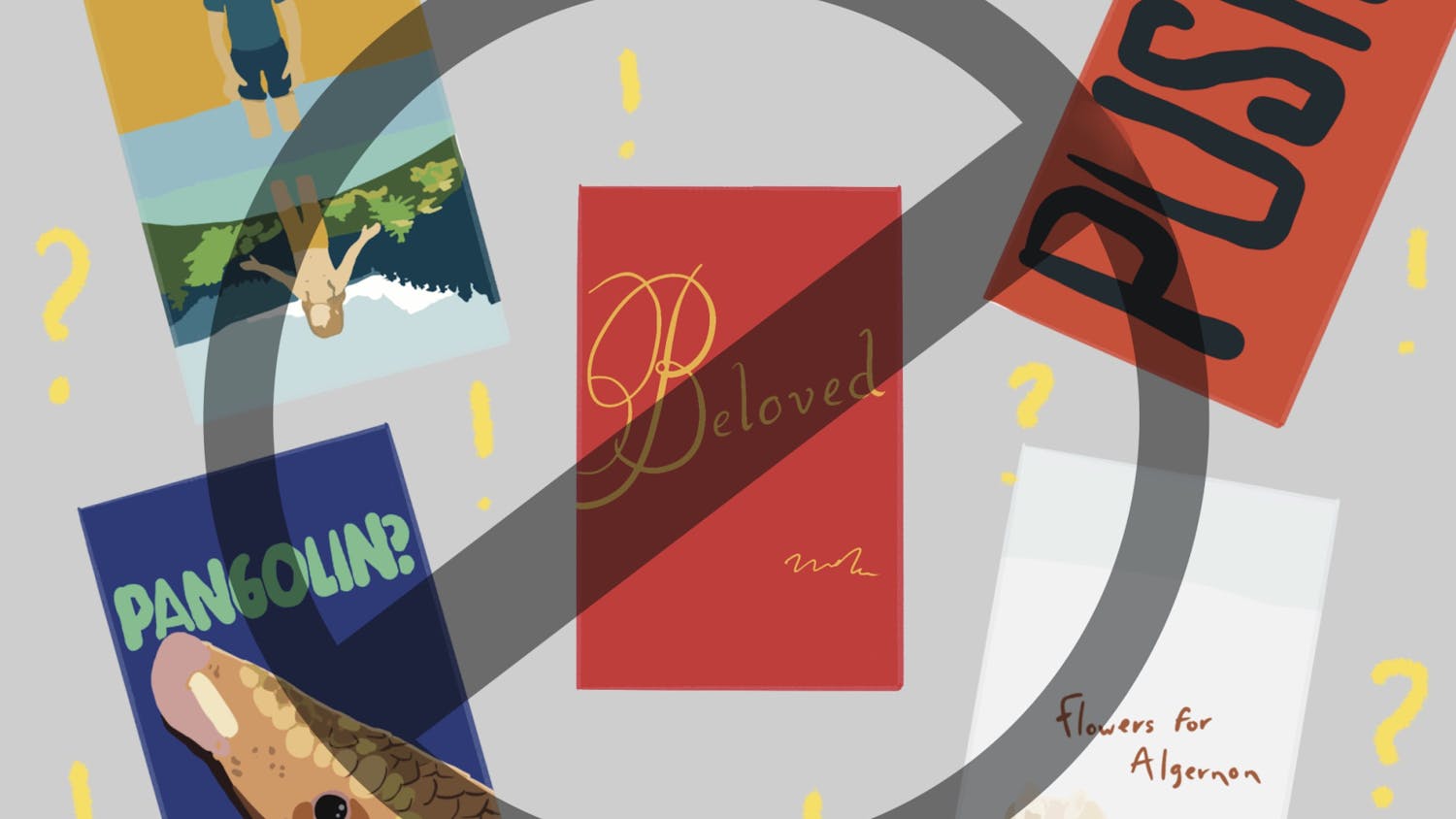You can ask this question to any student and suddenly you get an idea of what kind of person he or she is. It’s an aspect of the campus culture that divides us all: What’s your study spot? Is it Library West, with its multiple floors of increasing silence and its proximity to Krishna lunch, is it Marston Science Library, with its open floor plans and cool technology such as virtual reality headsets, or is it Newell Hall with the cool eggshell chairs and whiteboard cubicles? Each one has pros and cons, but I feel these libraries are underutilized. Their vast book collections often go unread.
Reading today seems to be "under attack" from multiple angles. Some would say Twitter has killed our attention to text more than 140 characters. Others say the shift to online reading is making books obsolete. There may even be some weight behind the idea that websites such as YouTube and Netflix are drawing attention away from written work. These are all fair assumptions, but books and writing are in a current state of revival. Magazines and newspapers are going viral through podcasts; books are sticking around through e-books; and audiobooks and radio is adapting to its changing audiences.
The trend that all of these seem to follow is being able to enjoy them while performing other tasks. Are chores draining your energy? Plug in your AirPods and turn on your Spotify app to get the latest episode of your favorite online personality or comedian and have a cathartic chuckle while you fold your clothes. Have you made a New Year’s resolution to read more but you’re constantly on the move? Audible lets you hop across different devices so wherever you were on your computer speaker at home, you’ll pick right back up right where you left off when you play the audiobook on your phone when you leave for class. There is as much power in listening to words as there is in reading them.
You may ask, but what about the physical books? Are they going to go away to save trees or to reduce space? Not so fast, I’d say. Physical books are still some of the safest means of securing and preserving information as we have extensive knowledge about how to deal with floods, fires and fading ink. Technology is still vulnerable to the limitations of needing a charge, the possibility of code failing and glitches with servers deleting information.
It’s not just the possibility of books being harmed that will keep them relevant. Libraries have an aura of calm and peace, and the "book smell" is almost reassuring, reminding us of younger years filled with picture and chapter books. Another reason books aren’t going anywhere is because of what public libraries can offer us as a society. Public libraries are free to people who need internet access, a resource some of us take for granted. The power of a space dedicated to learning and even just the simple pleasure of reading is something everyone deserves.
I love strolling around Library West to just browse the aisles. Noting the amount of novels, studies and investigations there makes you realize how expansive books can be. There are worlds of information in those pages. Take a stroll yourself sometime. Look around the aisles and pull whatever book captures your interest. Even if you don’t have to read it for class, check it out and spend some time reading it. Books are some of the most interesting collections of knowledge humankind has. I plan to keep learning and loving the written word, and you should too.
Daniel Gamboa is a UF journalism sophomore. His column normally appears on Fridays.
Nick Arena, a 19-year-old UF accounting freshman, reads a textbook at Library West on Monday afternoon.






